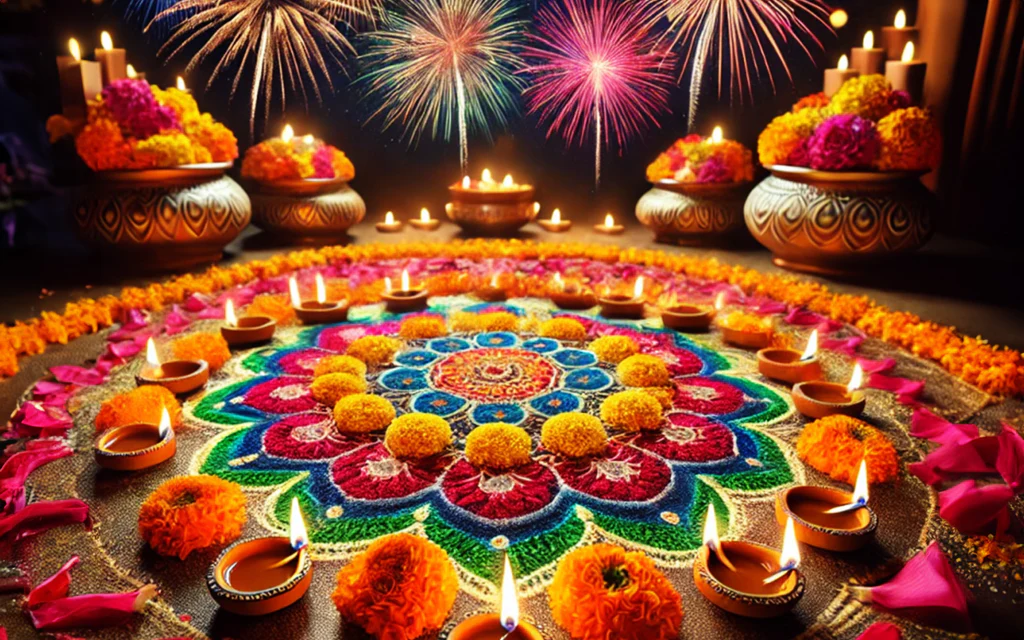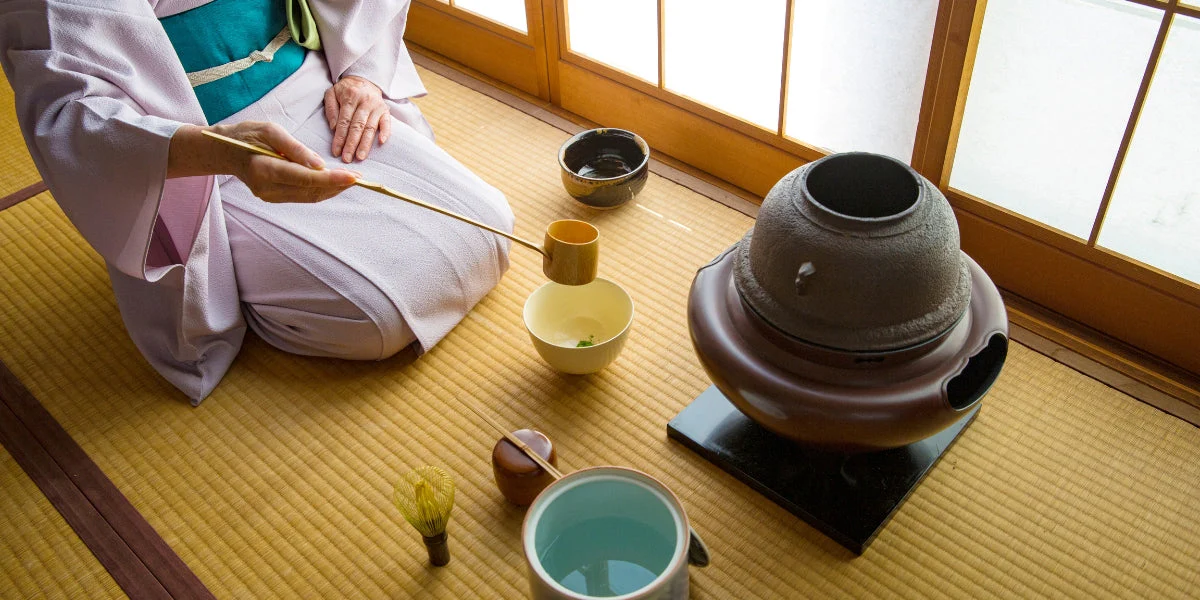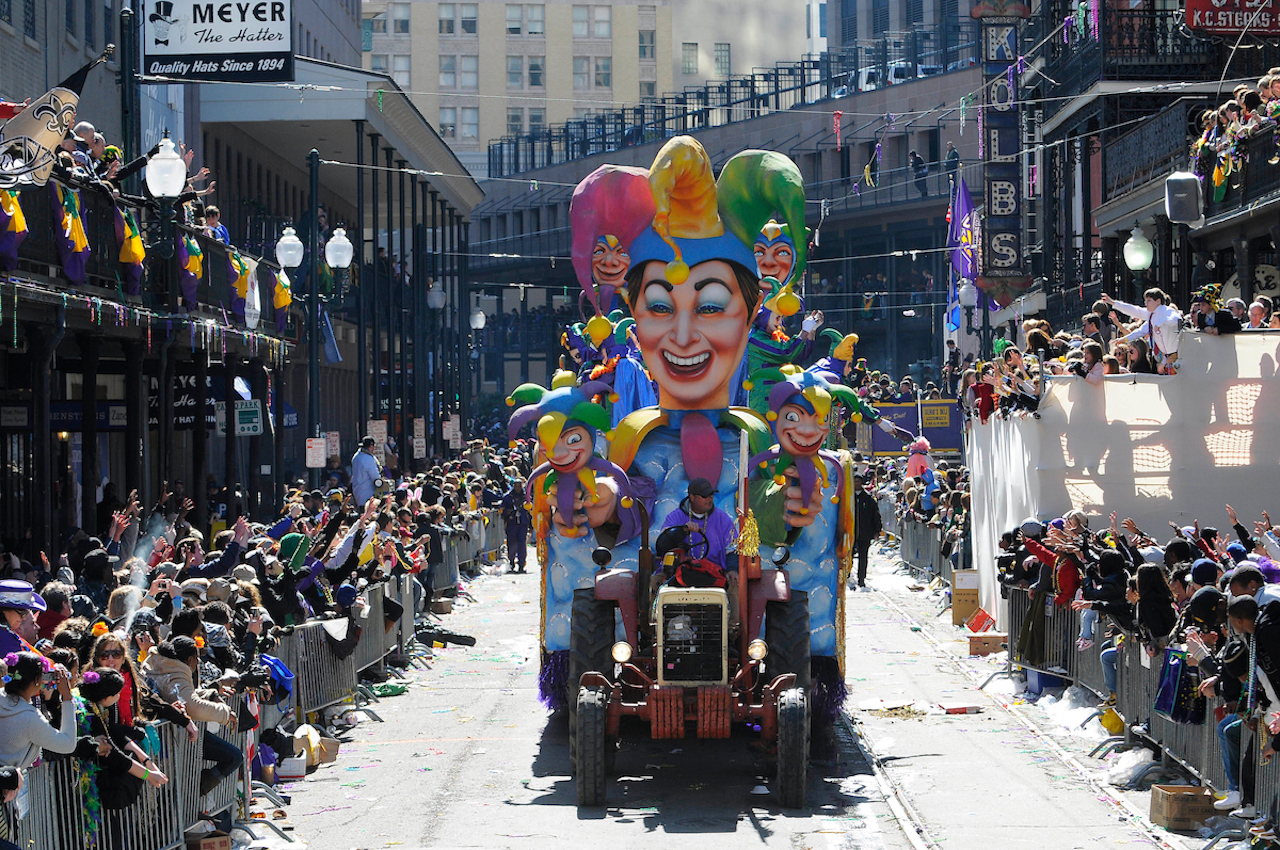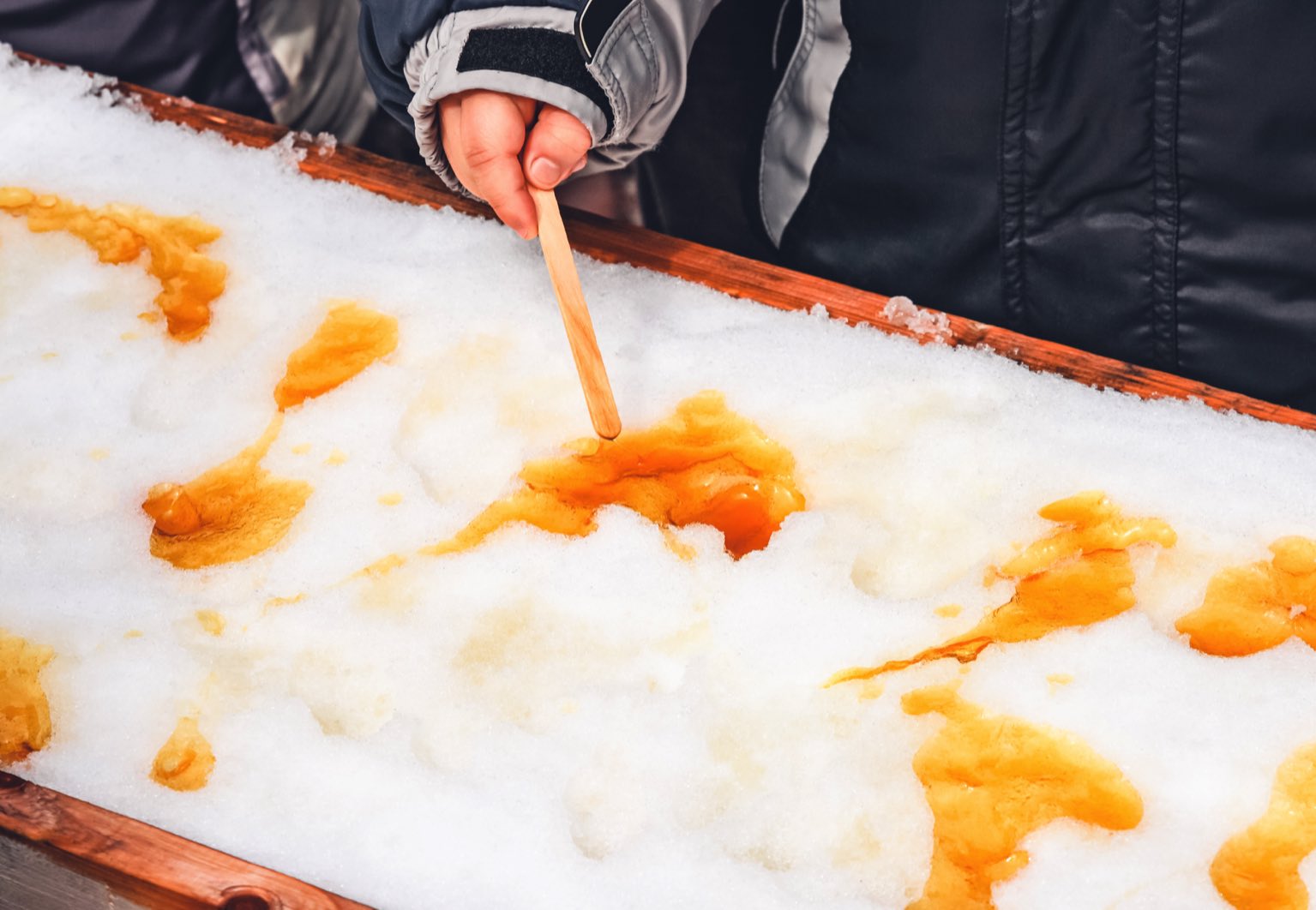pokomde.info – Diwali, or Deepavali, is one of India’s most loved and widely celebrated festivals. Known as the “Festival of Lights,” it symbolizes the triumph of light over darkness and good over evil. Celebrated by millions of people—Hindus, Jains, Sikhs, and Buddhists—it is a joyful time of togetherness, tradition, and spiritual renewal.
The Origins of Diwali
Diwali’s origins come from different stories in Indian mythology, but they all share a common theme: the victory of good over evil. The most well-known story is from Hindu tradition, where Diwali celebrates Lord Rama’s return to his kingdom, Ayodhya, after defeating the demon king Ravana. The people welcomed him by lighting rows of oil lamps, known as diyas, which has become a central part of the Diwali celebration.
In Jainism, Diwali honors Lord Mahavira’s attainment of enlightenment, while Sikhs celebrate Bandi Chhor Divas, marking the release of Guru Hargobind from prison. Regardless of the story, the essence of Diwali remains the same—celebrating victory, hope, and new beginnings.
How Diwali is Celebrated
Diwali is celebrated over five days, each with its own meaning and rituals. It usually takes place in October or November, based on the lunar calendar.
- Dhanteras: The first day of Diwali focuses on prosperity. People buy new items like gold, silver, or kitchenware, believing this will bring good fortune. Homes are cleaned and decorated to welcome the goddess of wealth, Lakshmi.
- Naraka Chaturdashi (Chhoti Diwali): The second day is about defeating evil. People light diyas and burst firecrackers, symbolizing the removal of darkness and negativity. It’s a day for family gatherings and the exchange of sweets.
- Lakshmi Puja (Main Diwali): The third day is the main day of Diwali. Families perform a prayer, or puja, to Goddess Lakshmi, seeking blessings for wealth and prosperity. Homes are lit with diyas and decorated with rangoli (colorful patterns drawn at the entrance of homes), while fireworks light up the night sky. Families exchange gifts and sweets, celebrating with joy and festivity.
- Govardhan Puja: The fourth day commemorates Lord Krishna lifting Mount Govardhan to protect villagers from storms. People offer prayers and prepare special meals to celebrate nature’s abundance.
- Bhai Dooj: The fifth day celebrates the bond between brothers and sisters. Sisters perform rituals for their brothers’ well-being, and in return, brothers give gifts, symbolizing love and protection.
The Importance of Lights and Diyas
The lighting of oil lamps (diyas) is the heart of Diwali. These lamps symbolize light dispelling darkness, hope overcoming despair, and knowledge defeating ignorance. Diyas are placed in homes, temples, and streets, creating a warm and welcoming atmosphere.
The light of the diya represents the inner light we all carry—the light of kindness, wisdom, and compassion. Lighting a diya is a reminder to nurture these qualities within ourselves and in our relationships with others.
Sweets, Food, and Fireworks
Diwali is not complete without delicious food and sweets. Families prepare and share a variety of mithai (sweets), such as laddu, barfi, and kaju katli, spreading the festive spirit with neighbors and loved ones. Feasts, with dishes like samosas, pakoras, and puris, are also an essential part of the celebration.
Fireworks and crackers add excitement to Diwali, symbolizing the joy of the occasion. Although the bright displays bring energy to the festival, there is growing awareness about reducing noise and air pollution. Many families now choose eco-friendly celebrations with fewer fireworks, focusing more on the spiritual and social aspects of Diwali.
The Spiritual Significance of Diwali
Beyond the lights, sweets, and fireworks, Diwali holds deep spiritual meaning. It is a time to reflect on personal growth, let go of past negativity, and embrace new beginnings. Lighting a diya is not just about brightening a home—it’s about brightening the soul and eliminating darkness from our thoughts and actions.
Diwali also emphasizes the importance of dharma (righteousness) and karma (good deeds). Acts of kindness, generosity, and compassion are encouraged, whether through giving to charity or helping those in need.
Diwali Around the World
While Diwali has its roots in India, it’s celebrated across the globe by millions of people. Countries like Nepal, Sri Lanka, Malaysia, Singapore, and Fiji also observe Diwali with their own unique traditions. In cities with large Indian communities, such as London, New York, and Toronto, Diwali events are held with public festivities, cultural performances, and fireworks.
These international celebrations highlight Diwali’s universal appeal as a festival of joy, community, and unity.
Conclusion
Diwali is more than just a festival—it’s a celebration of light, hope, and the human spirit. It brings together families, friends, and communities to share joy, kindness, and gratitude. Through its vibrant traditions, Diwali reminds us that no matter how challenging life may be, there is always light at the end of the tunnel.
The festival’s message of renewal and triumph continues to inspire people across the world, making Diwali a celebration that goes beyond religion and borders. It is a time for all to reflect on the power of good, the importance of love and unity, and the beauty of life itself.








